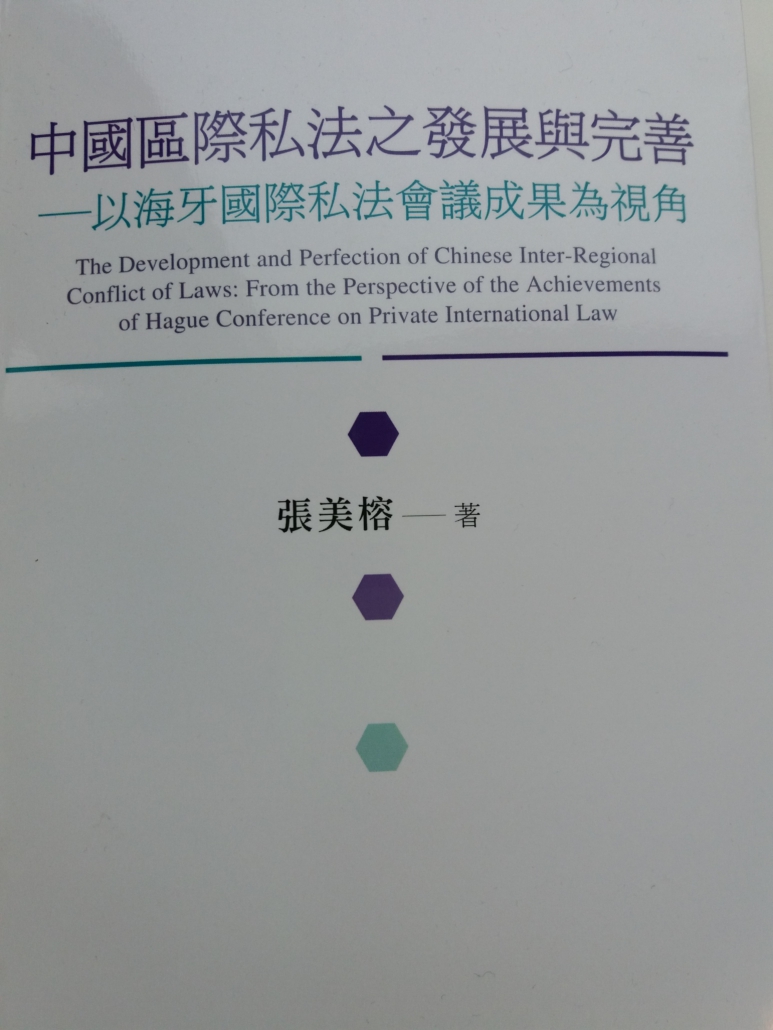Information and text provided by Niklaus Meier, co-head of the Private International Law Unit at the Swiss Federal Office of Justice
The Swiss Federal Act on Private International Law (FAPIL), adopted in 1987, has had – and still has – a huge influence throughout the world. It is “possibly the most complete codification of private international law worldwide” (Kadner Graziano, Journal of Private International Law. 2015, vol. 11, no. 3, p. 585: “Codifying European Private International Law: The Swiss Private International Law Act – A Model for a Comprehensive European Private International Law Regulation?”) and has influenced PIL codifications in many countries (Kadner Graziano, p. 589-90).
The global relevance of the Swiss Federal Act on PIL led to numerous translations, testament of its international character. Complete translations have been published by Prof. Andreas Bucher (last updated 2021): www.andreasbucher-law.ch; Umbricht attorneys (2017): www.umbricht.ch/de/schweizerisches-internationales-privatrecht-iprg; Gehri/Walther (2010): www.schulthess.com/verlag/detail/ISBN-9783280072509/Gehri-Myriam-A.-Walther-Fridolin/Swiss-Laws-on-Civil-Procedure; the Swiss-American Chamber of Commerce (2nd edition 2004, 1st edition 1989); and Karrer/Arnold/Patocchi (1994): Switzerland’s Private International Law (Schulthess/Kluwer). In addition, chapter 12 on arbitration has been translated by actors active in the field, such as the Swiss Arbitration Association (www.arbitration-ch.org/en/arbitration-in-switzerland/index.html).
Translation is a difficult task: “Mastery of the languages involved is necessary, but not sufficient, particularly where the user of a translation expects a literal translation, the legal systems of the starting languages and target language differ fundamentally and the subject matter is highly abstract.” (Walter König, 11 Mich. J. Int’. L. 1294 (1990), 1295, “Translation of Legal Texts: Three English Versions of the Swiss Federal Statute on Private International Law”). Indeed, a civil law codification usually “contains many legal terms which either do not exist in common law jurisdictions or have different connotations in the case of literal translations”.
In recent years, the importance of English versions of the Swiss legal texts has grown. To give just one example: Article 4.4 of the Swiss-Chinese Free Trade Agreement (page 23) explicitly states (under the heading “transparency”) that “Each Party shall promptly publish on the Internet, and as far as practicable in English, all laws, regulations and rules of general application relevant to trade in goods between China and Switzerland.” It goes without saying that the FAPIL is relevant for international trade.
Against this background, and in view of the growing demand for the availability of Swiss legal texts in English, the official publication platform for Swiss law (Fedlex) has now released the “official non-official” translation of the FAPIL: www.fedlex.admin.ch/eli/cc/1988/1776_1776_1776/en. It is up to date as per February 2021 and includes the most recent DLT-related PIL amendments.
The character of the translation is “official” because it’s published on the official publication platform for Swiss law, which speaks for itself; but it nevertheless is of “non-official” nature only because “English is not an official language of the Swiss Confederation. This translation is provided for information purposes only and has no legal force.” In can perhaps best be described as “officially non-official, but unofficially official”.
The translation is in large parts based on the translation published by Prof. Andreas Bucher, with the kind permission of the author. The translation does not aim to be (and is not) better than the various existing private translations of the FAPIL, which have provided useful guidance during the past decades. The translation simply wants to render the FAPIL more accessible to the international public, and in order to do so and in order to get approval for publication on the official publication platform for Swiss law, certain adaptations were necessary:
Where several choices of wording were possible, preference was given to expressions that are already in use in other translations of Swiss legislation (e.g. translations of the Swiss Civil Procedure Code, the Swiss Civil Code, or the Swiss Code of Obligations), in order to ensure coherence and consistency.
Due account was also given to the wording used in international conventions ratified by Switzerland (such as the numerous Hague Conventions).
In addition, the translation takes into account language requirements applicable to texts published by the Swiss federal administration, such as the use of gender-neutral language where appropriate and where possible; this led to the use of the “singular-they”, applicable to both female and male persons.
People who work in different languages and who have compared the different language versions of the FAPIL will have noted some differences between the French, German and Italian versions of the texts. For example, art. 151 para. 3 in the German version, translated with deepl, states that “This jurisdiction cannot be excluded by a choice of court agreement.”, whereas the French version starts the paragraph (again according to deepl) with “Notwithstanding a choice of court, …” In such circumstances, preference was given to the wording that seemed clearer and more in line with the interpretation given to the text by the Federal Supreme Court.
Traduire c’est trahir – translation is treason. Those who coordinated the translation (the Private International Law Unit at the Swiss Federal Office of Justice) are fully aware that critics will find areas for improvement. Feedback can be sent to ipr [at] bj.admin.ch. The translation will continue to be improved and updated in the years to come, in order to respond to new developments such as the upcoming revision of the chapter on succession law.
 On Monday, 12 April 2021, from 14:00 to 15:00 (CET), the Hamburg Max Planck Institute will host the first presentations in a new monthly “Private International Law in Africa” series, chaired by Justin Monsenepwo, the new head of the Africa desk. Professor Jan L Neels (University of Johannesburg) will be speaking on the topic:
On Monday, 12 April 2021, from 14:00 to 15:00 (CET), the Hamburg Max Planck Institute will host the first presentations in a new monthly “Private International Law in Africa” series, chaired by Justin Monsenepwo, the new head of the Africa desk. Professor Jan L Neels (University of Johannesburg) will be speaking on the topic:


